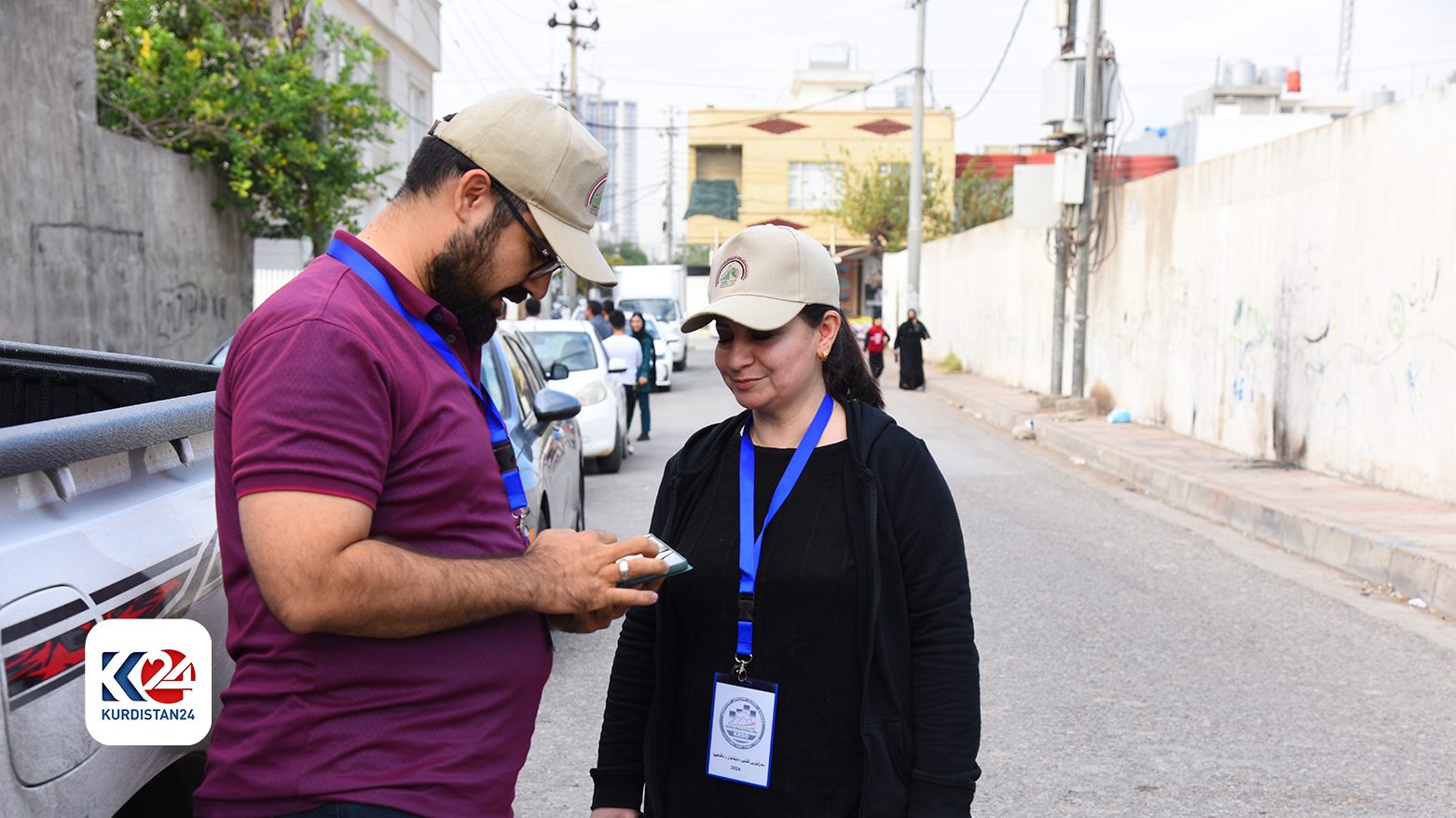Iraq's census expected to increase parliamentary seats as population growth surpasses estimates
"Parliamentary and provincial council seats are allocated based on population numbers," said Jawad al-Yasari, a committee member. "We expect these numbers to increase following the completion of the population census."

Nov. 17, 2024
ERBIL (Kurdistan24) - According to Iraq's Constitution, parliamentary seat allocation is determined by a ratio of one seat per 100,000 citizens, based on previous census data.
The upcoming national census is expected to significantly impact both parliamentary and provincial council seat distributions.
The Parliamentary Committee for Regions and Provinces anticipates an increase in the number of seats in both parliament and provincial councils following the new census.
"Parliamentary and provincial council seats are allocated based on population numbers," said Jawad al-Yasari, a committee member. "We expect these numbers to increase following the completion of the population census."
Yasari emphasized that Iraq's actual population significantly exceeds the current estimates used by the Ministry of Planning and other relevant government institutions.
Based on previous census data, Article 49 of the Iraqi Constitution establishes the ratio of one parliamentary seat per 100,000 citizens. Article 13 of Iraq's Parliamentary Election Law currently sets the total number of parliamentary seats at 329.
However, with the new census expected to show significant population growth, this number will likely need adjustment.
The anticipated changes may require amendments to the election law to align parliamentary representation with updated population figures.
The current seat allocation system, established by previous censuses, may undergo significant revision to reflect Iraq's demographic changes. This potential increase in parliamentary seats represents a crucial development in Iraq's democratic representation system, as it would be the first major adjustment to parliamentary size based on updated population data in recent years.
The outcome of this census could have far-reaching implications for political representation across Iraq's various regions and communities, potentially altering the balance of power in the national legislature.
The last comprehensive census in Iraq was conducted several decades ago, making this update particularly significant for accurate political representation.